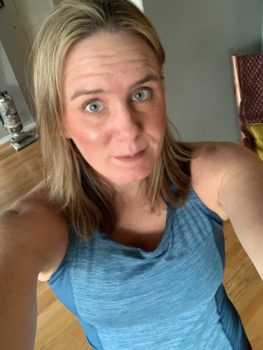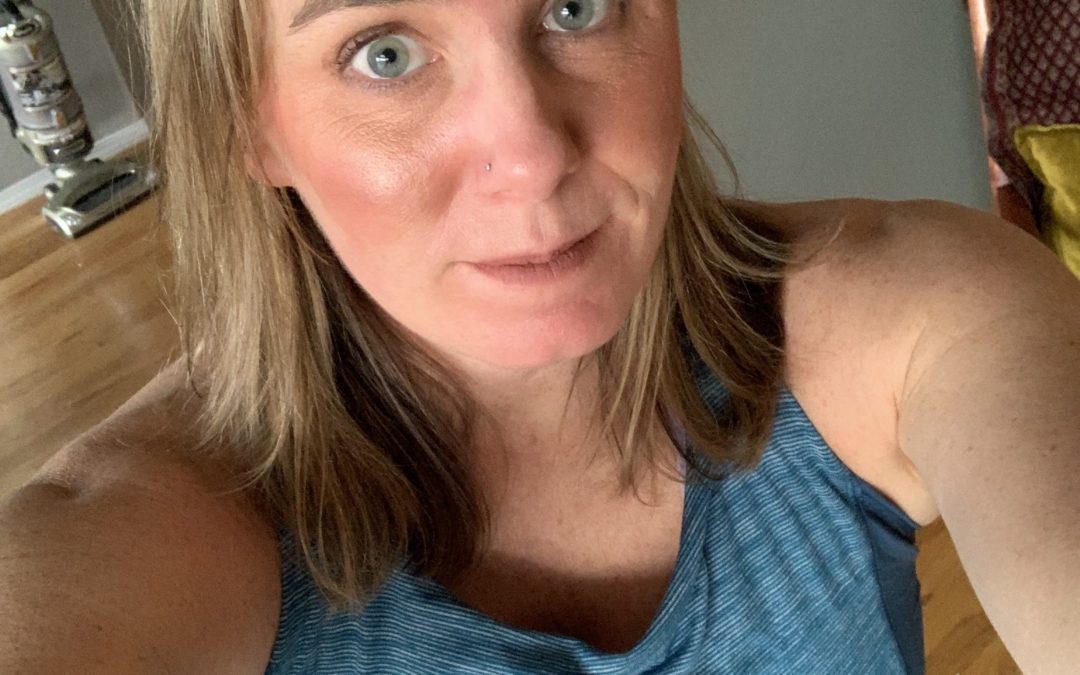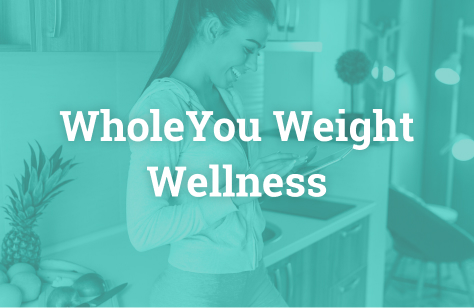People who are physically active and at a healthy weight live about seven years longer than those who are not active and are obese. And the important part is that those extra years are generally healthier years! Staying active helps delay or prevent chronic illnesses and diseases associated with aging. But “fitness”. What does that even mean? Turns out, it’s more complicated than you think. Let’s talk a few definitions first.
- Physical activity is defined as any movement of the body done through skeletal muscle contraction that causes the energy expenditure to be beyond it’s baseline.
- Exercise is purposeful physical activity that is organized, planned and reoccurring and that is done with the intent of improving or maintaining one’s activities of daily life, respond to emergencies and enjoy leisure time activities with sufficient energy and vitality and without excess fatigue.
- So what is FITNESS then? It is the ability to perform one’s activities of daily life and enjoy leisure activities with energy and vitality and without excess fatigue. The American College of Lifestyle Medicine (my certifying college) defines it as the OUTCOME Of exercise, which I like.
There are a bunch of different types of fitness…. Aerobic (cardiorespiratory endurance), muscle strength and muscle endurance (more anaerobic), flexibility, agility, and balance. In lifestyle medicine, we have specific prescriptions on how much exercise one should be doing to get the most health benefits (sleep, mood, cognition, weight management, disease prevention, etc) ….
In a nutshell:
- 150 minutes of moderately vigorous exercise (you can talk but not well) per week
- 2 resistance sessions per week
- 20 minutes of flexibility work 2-3 times per week
- 20 minutes of balance work per day
I’ll get into ALL of this in the weeks/months to come, but TODAY (and all week on social media), I want to talk about resistance training specifically.
Strength fitness is basically achieved mostly through resistance training. This is something I didn’t really get back into as an adult until a couple of years ago and it has made a huge difference in my body tone and weight maintenance and my endurance. What is it? Resistance training is basically ANY exercise that cause muscles to contract against an external resistance with the end result of an increase in lean mass and muscle strength.
Let’s get a little nerdy on exercise physiology so this all makes a little more sense…. Exercise training is an adaptive process. The body will adapt to the stress of exercise with increased fitness if the stress is above a minimum threshold intensity. But you need to force it to do so (progressive overload principle) and with specificity (practice makes perfect) to stress the muscle to grow to and improve function of muscle to account for increased demand.
There are real health benefits to resistance training, beyond weight and tone. Less abdominal fat, more cardiovascular health (improved lipid profiles and blood pressure), stabilized blood sugars, reduced cancer risk, lower injury risk, strengthened mental health, improved mobility, improved self-image, better cognitive agility and a longer lifespan (yup, you saw that right, physical inactivity is the cause of 1 in 10 premature deaths and exercise is an independent risk factor for mortality, unrelated to weight).
Worried about bulking up? You will get better tone and a better six pack, but most women won’t actually bulk up enough to look like a body builder. By worrying about this, the only form of exercise many women do is aerobic – and then they wonder why they are having trouble making improvements in health (and weight). Plus, building muscle bulk requires specialized and intense training and nutrition, and it doesn't happen on accident.
Getting into resistance training doesn’t mean you have to be the meathead grunting in the gym and dropping weights on the ground while looking in the mirror to see if anyone is watching. You can even do this at home, with or without weights, by using your body weight. There are plenty of online programs you can do! Or get a personal trainer to make a program for you, this is one of the services I have with Wholist and I find really valuable. Additionally, many gyms have classes that utilize resistance, these are often more fun that doing it alone and go by quickly! Regardless, here are some resources to get started!
- Five Strength Machines You Should Start Using
- Five Best Strength Training Exercises for Beginners
- The Beginner’s Guide to Strength Training
- Peak Fitness’s tips on how / why/ what
Enjoy! Come to @wholisthealth on social media platforms to follow along with resistance week! And email me back with successes! I love to hear about people changing their futures for themselves.
Until then, remember, Who you choose to be Matters. You are valuable, You are worth this, You are your WholeYou.
Best in health,
Heather
PS And a BONUS? Resistance is one of the only exercises linked to weight loss because of muscle’s ability to increase your non-exercise activity thermogenesis and basal metabolic rate even when you aren’t exercising.
PSS If you are breathing heavy during your resistance workouts, you can add it into the moderate intensity category to meet two guidelines at once!
Here's me! Heading to the gym! Let's do this!




